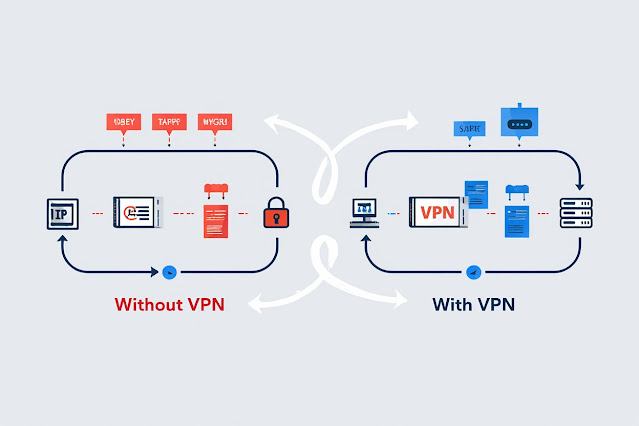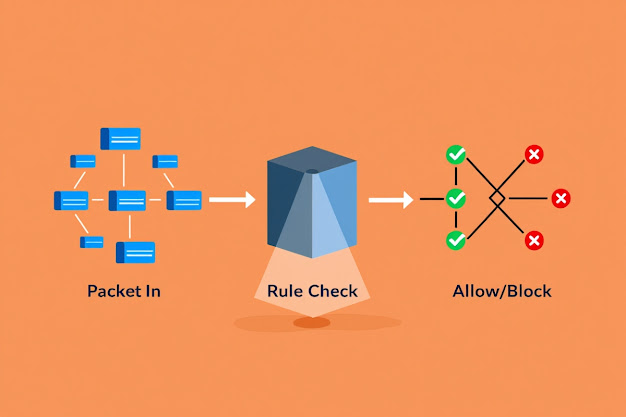What Is a VPN? Understanding Virtual Private Networks and Why They Matter
In today’s digital age, protecting your online privacy and data security is more important than ever. One of the most effective tools to achieve this is a VPN, or Virtual Private Network. But what exactly is a VPN, how does it work, and why should you consider using one? This article will explain everything you need to know about VPNs.
What Is a VPN?
A VPN (Virtual Private Network) is a service that creates a secure and encrypted connection between your device and the internet. It acts like a private tunnel that hides your data from hackers, governments, internet service providers (ISPs), and other third parties.
By using a VPN, your online activities become much harder to track, and your sensitive information stays protected, especially when using public Wi-Fi networks.
How Does a VPN Work?
When you connect to the internet without a VPN, your data travels between your device and websites in an unencrypted form. This means that anyone monitoring the network can potentially see what you are doing.
A VPN works by routing your internet connection through a remote server operated by the VPN provider. This process:
-
Encrypts your data, making it unreadable to outsiders.
-
Hides your real IP address by replacing it with the IP address of the VPN server.
-
Masks your physical location, allowing you to appear as if you’re browsing from a different country.
Why Use a VPN?
Here are the main reasons people use VPNs:
1. Privacy Protection
A VPN prevents ISPs, advertisers, and hackers from monitoring your browsing habits, searches, and downloads.
2. Security on Public Wi-Fi
Public Wi-Fi networks in cafes, airports, and hotels are often unsecured. VPNs encrypt your data, protecting you from cybercriminals who may try to steal your information.
3. Access Geo-Restricted Content
Some websites and streaming services limit access based on your geographic location. VPNs allow you to bypass these restrictions by connecting through servers in different countries.
4. Avoid Censorship
In some countries, access to certain websites is blocked. VPNs help bypass government censorship and provide free access to the internet.
Are VPNs Legal?
Yes, using a VPN is legal in most countries. However, some governments restrict or ban VPN use. Always check your country’s laws before using a VPN.
How to Choose the Right VPN?
When choosing a VPN service, consider:
-
Strong encryption standards (AES-256 is widely recommended)
-
No-log policy (the provider doesn’t store your browsing data)
-
Fast connection speeds
-
Wide range of server locations
-
User-friendly apps for your devices
Setting Up a VPN
Most VPN services offer easy-to-use apps for Windows, macOS, Android, and iOS. Simply download the app, sign in, select a server location, and connect.
Final Thoughts
A VPN is an essential tool for enhancing your online privacy, security, and freedom. Whether you want to protect your personal information, access global content, or avoid censorship, a VPN can help you browse the internet safely and anonymously.
Discover more helpful tech guides and tips at 👉 https://softbuzz.net


Nhận xét
Đăng nhận xét